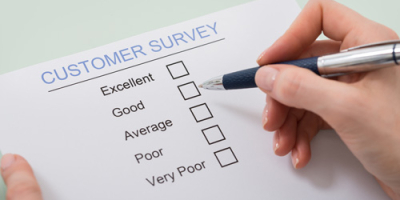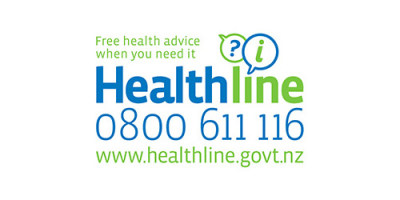Your health information
In order to provide the right care and treatment we collect and hold a lot of information about our patients. Your information is confidential and the only staff who are allowed to see your records are those directly involved in your care.
Your personal information and privacy rights
The Health Information Privacy Code controls how your medical records are handled and apply specifically to health sector agencies.
The Privacy Act 2020 controls how we collect, use, disclose, store and give access to your personal information.
You have two rights under the Privacy Act:
- Your personal information will be kept private
- You are able to look at the information we keep about you, such as your medical records.
Other considerations
Our hospital staff often use whiteboards with patient names and other personal information on them, to help organise your care.
We might also provide an update on your condition (eg, reporting that you are in a 'stable condition') to members of the public, including the media. If you don’t want information about you to be disclosed in this way, please tell our staff.
Shared medical records
In 2017, we introduced HealthOne, a secure computer record that allows those involved in your care to share and access your healthcare information such as:
-
test results
-
medications and prescriptions
-
allergies
-
GP (doctor) summaries
-
hospital and nursing information.
Your health information is collated in HealthOne so that healthcare providers can share vital information in order to provide you with better, safer care. Your data cannot be accessed by anyone other than authorised clinicians who are treating you.
Click here to visit the HealthOne website for more information
Mental health and addictions medical records
In 2018, we made mental health and addictions medical records, from 2016 onwards, more easily accessible to hospital clinicians and GPs. The main reason for doing this was to improve patient safety.
For example, if a clinician is aware of a patient’s full medication record, or any particular diagnoses and treatment underway, then they can avoid dangerous medication errors and avoid unnecessary repeat testing or assessments.
Mental health and addiction records have the same confidentiality protections and auditing steps in place as other medical records.
How to view or request copies of medical records
You have the right to view or request a copy of your medical record, or the records of your children or the children you care for (up to the age of 16). To do so, you will need to:
-
Provide proof of your identity. This can be either your driver's licence or passport. If you do not have a photo ID, then a debit or credit card, or Community Services Card, is acceptable
-
Obtain the consent of any guardian appointed for a child (up to the age of 16) by a New Zealand court.
-
Complete a privacy request form (linked below). Help to fill this out is available, contact: Nelson Hospital on (03) 546 1657 or Wairau Hospital on (03) 520 9873.
Click here to download the Personal Health Information Request Form
Please note: Processing requests may take up to 20 working days to complete
How to view or request copies of deceased persons' records
Only the executor of a person's will or the administrator of the person's estate can authorise the release of medical records. To do so, they will need to:
-
Provide the necessary legal documentation.
-
Provide proof of their identity. This can be either a driver's licence or a passport. If a photo ID is not available, then a debit or credit card, or Community Services Card, is acceptable
-
Complete a privacy request form (linked below). Help to fill this out is available, contact: Nelson Hospital on (03) 546 1657 or Wairau Hospital on (03) 520 9873.
Click here to download the Personal Health Information Request Form
We have a policy to destroy records ten years from the date of death.
Please note: Processing requests may take up to 20 working days to complete
Personal Health Information Request Form
Page last updated: 10/07/2023





